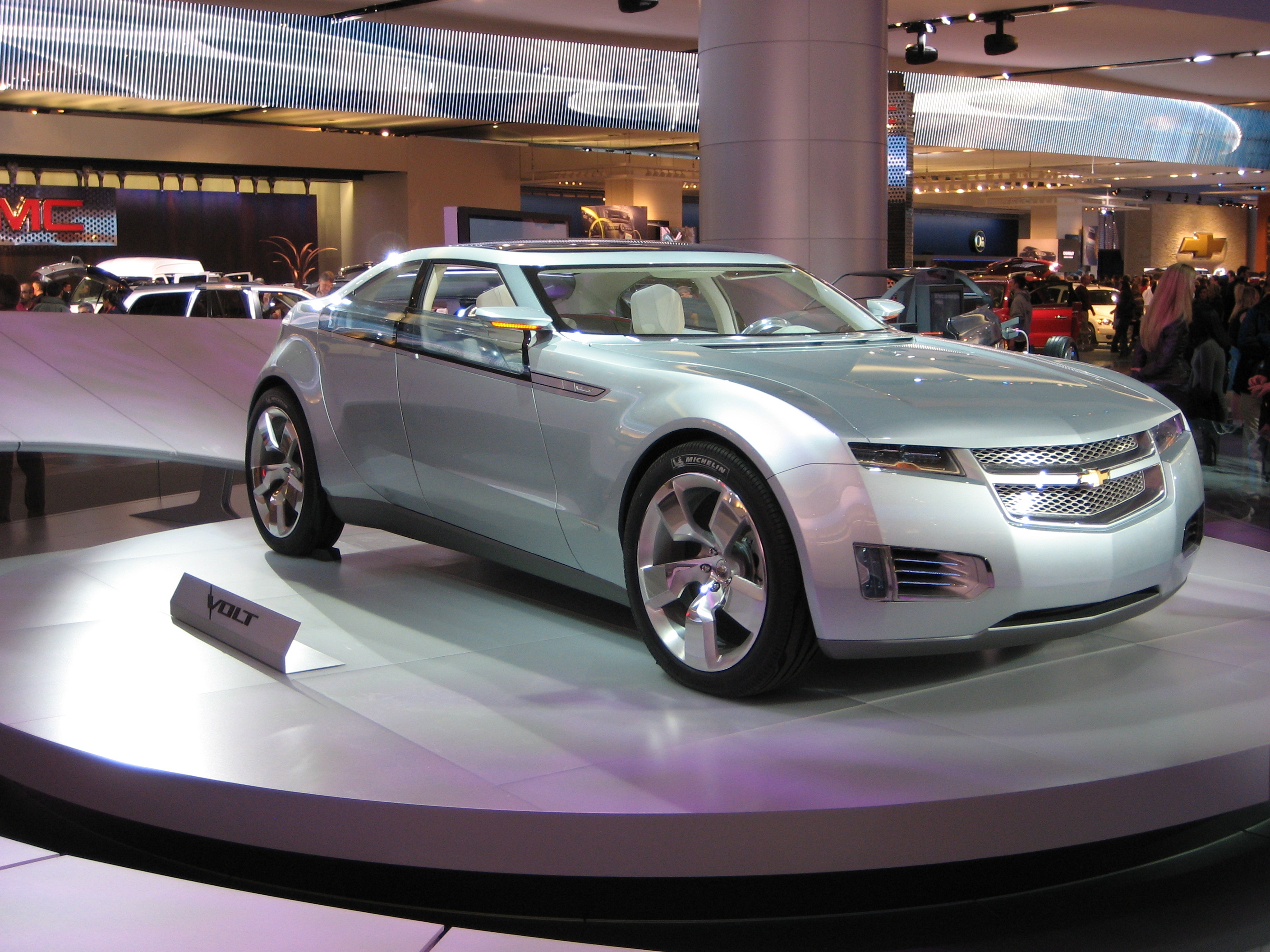 Ever since electric cars were introduced to the market, there has been a debate over how safe they are, prompted by the explosive tendencies of lithium-ion batteries, which are used to power EVs.
Ever since electric cars were introduced to the market, there has been a debate over how safe they are, prompted by the explosive tendencies of lithium-ion batteries, which are used to power EVs.
 Ever since electric cars were introduced to the market, there has been a debate over how safe they are, prompted by the explosive tendencies of lithium-ion batteries, which are used to power EVs. There have been many cases of electric cars catching fire after being involved in a collision, because their batteries contain liquid electrolytes that are highly flammable, and can be easily ignited if the battery heats above a certain point. On top of this, the ability of electric cars to protect passengers in crashes has often been brought into question, with many consumers thinking they are small and unsafe, which is actually a huge misconception. Since their batteries are mounted underneath the vehicle, electric cars have a lower center of gravity, which helps reduce the risk of rollover, so the fact that they are small doesn’t necessarily make them less safe.
Ever since electric cars were introduced to the market, there has been a debate over how safe they are, prompted by the explosive tendencies of lithium-ion batteries, which are used to power EVs. There have been many cases of electric cars catching fire after being involved in a collision, because their batteries contain liquid electrolytes that are highly flammable, and can be easily ignited if the battery heats above a certain point. On top of this, the ability of electric cars to protect passengers in crashes has often been brought into question, with many consumers thinking they are small and unsafe, which is actually a huge misconception. Since their batteries are mounted underneath the vehicle, electric cars have a lower center of gravity, which helps reduce the risk of rollover, so the fact that they are small doesn’t necessarily make them less safe.
As a matter of fact, the Insurance Institute for Highway Safety (IIHS), recently subjected two of the most popular electric vehicles in the United States to crash tests – the Chevrolet Volt and the Nissan Leaf – and saw no issues with the cars’ batteries or electric systems. The IIHS reported that the batteries in both electric vehicles passed safety tests and didn’t sustain any major damages after being subjected to front end collisions. According to Joe Nolan, the Institute’s senior vice president for vehicle research, the batteries’ thermo and electrical properties, as well as their integrity, remained unscathed after the tests, suggesting that consumers shouldn’t be concerned about electric cars posing a potential fire hazard.
However, while both the Volt and the Leaf received favorable ratings for the safety and strength of their batteries, GM’s electric car turned out to be far better than its Japanese counterpart when it came to protecting vehicle occupants in the event of a crash. In the small-overlap crash test, the extended-range Volt was rated “acceptable“, as opposed to the Leaf’s “poor” rating. The small-overlap crash test simulates a frontal collision, where the front corner of a car crashes into another vehicle, or some other rigid barrier, such as a tree or a lamppost, while moving at 40 mph.
The Volt’s “acceptable” rating means that it is able to protect a passenger’s head and torso during a collision, and in order to do that, it needs multiple airbags and good seat belts that can restrain a vehicle occupant properly and minimize the impact of the crash forces. The Leaf, on the other hand, was given a “poor” rating, as it sustained serious damages, with the instrument panel, parking brake pedal, and steering column pushed back against the driver, which means that the driver’s lower leg and left knee would be injured in a real-world collision like that.
In other IIHS tests, though, the Leaf was rated “good”, so it could be said that the best-selling EV in the world is a safe car overall, and as far as the small-overlap test results are concerned, the company said that it will work to improve the areas that the were cited as problematic by the IIHS.